We all hope to become a better version of ourselves. I want to be a better writer. My partner wants to be a good coder. My friend wishes to be a reliable mother. You dream of winning a swimming championship. Someone fancy playing the piano as Lady Gaga plays.
But how to achieve our goals? One method to get to your goal is to possess the willpower to get up and do the thing every day. Another way is to form a habit (I will explain what are habits as the article progresses) which you practice regularly to move towards your goal. I should develop a habit of writing daily. My partner can become an efficient coder by developing a habit of focusing on his code quality. My friend has to create a habit of not losing patience when her child annoys her. You get my point. (In the linked piece I have shared 23 small but good habits to have that can change your life.)
But you might ask the difference between having the willpower to do these things regularly and forming a habit to practice them as a routine? Both ways need you to work.
To make this distinction clear, we will understand habits in detail.
What does this article on habits contain?
What Are Habits?
Let me introduce you to Charles Duhigg because I will refer to him and his book The Power of Habits throughout this article.
Charles Duhigg is a New York Times reporter and author of the bestseller book The Power of Habit: Why We Do What We Do in Life and Business. He conducted hundreds of interviews with scientists, organized studies and polls in organizations, and read everything that he could to write this book on habits; so we will trust him.
To go into habits in detail, first, let us rule out that we can depend on willpower indefinitely.
Why Doesn’t Willpower Work?
While talking about willpower, Charles said, “Willpower isn’t just a skill. It’s a muscle, like the muscles in your arms or legs, and it gets tired as it works harder, so there’s less power left over for other things.”
Did you ever wonder why you want to order in pizza if you are working late? Or why you don’t want to go for a run after a hard day at work? Or why you hate the idea of broccoli for dinner if you had a salad for lunch?
You have used your willpower all day long, and you have no more willpower left. I will let you into one more secret – The best of the people who seem to do things effortlessly aren’t using willpower.
Then how do they go on?
How Habits Work?
Charles said in Power of Habits that most of the choices we make each day may feel like the products of well-considered decision making, but they’re not. They’re habits.
Habits are activities that you do without having to decide if you want to do them each time you commence the action, you don’t have to think about how you do these things (mostly), and sometimes you don’t even realize that you are doing something.
Do you think before brushing your teeth when you get out of bed? Do you still think about which metro to take when you have been going to the same office for three months? Do you worry about pushing down the accelerator to change the gear if you are an experienced driver? Do you take a moment before putting on your running shoes in the morning if you have been jogging for years?
No.
But if you were doing all these tasks, on and off, with willpower, you would spend some time deciding if you want to do them and you would pay attention to how you do them (given the situation).
Habits automate your day, and you don’t even realize that you are acting automatically.
(My guide on How to make a daily routine talks in detail about setting a schedule.)
What is a Habit?
Habits are automatic behaviors that repeat without us having to think.
How can we form habits as we are never born with them?
How Are Habits Formed?
I wasn’t writing until two years ago, but now I completed two years of blogging.
Driving doesn’t feel like multitasking even though we switch gears, steer the wheel, switch our feet between accelerator, brake, and clutch, and look in the mirrors while driving on the road stuffed with cars, auto-rickshaws, horse carts, cows, and more.
Once upon a time, these activities didn’t come easy. Then we decided that we wanted to do something — write, drive, run. We started doing the task, and the activity became part of our routine. Even though we might feel the effort in doing these things, we don’t spend time thinking if we want to or have to do them. We don’t go over their micro-mechanics; we don’t make a choice; we only do the task — as if we are (almost) trained.
We run on habits.
Let us listen to the conversation amongst two scientists who are discussing how the brain forms habit patterns. I will call these scientists Stephen and Kalam.
Stephen: Dude, have you heard about this thing called basal ganglia? Many scientist friends are researching this part of the brain.
Kalam: Yeah. It is the part of the brain that stores patterns. But what about the prefrontal cortex? Isn’t she taking decisions anymore?
Stephen: Prefrontal Cortex has always been lazy. If it is up to her, she will change everything we do into a habit. When Ms cortex sees a pattern, she hands over the control to Mr. Ganglia. The ganglia stores patterns and repeats them when asked to. Meanwhile, the Cortex lazes around. When the Ganglia has repeated the pattern loop, Cortex takes over.
Kalam: Ooh, la, la! But what is a pattern for a brain? What does habit mean?
Stephen: Now let Priyanka explain.
The Habit Loop
The brain thinks of a habit pattern as a loop. To understand how habits work, we will have to know how this loop functions.
A habit is made up of a cue — a signal or a trigger, a routine — a pattern we follow when we see the cue, and reward — a reward that we get when we follow the pattern.
The habit loop of brushing our teeth looks like this:
The cue to brush your teeth — you feel sleepy. Your habit pattern — you brush your teeth. Your reward — a cool tingling sensation & the satisfactory feeling of going to bed with clean teeth.
The reward could also be called a craving. In addition to triggering a routine, the cue must also trigger a craving/desire that you want to satisfy by following the pattern.
If you eat chocolate after dinner daily, your cue is finishing dinner. You are craving for sugar. Your pattern is to eat a Toblerone. Your reward is that your sweet tooth is happy.
If you write at dawn, your cue is your morning alarm, your routine is to write, and your reward is the gratification of getting your writing done.
We see a cue, we do the thing, we get our candy, and we are out. When the brain detected the signal, the prefrontal cortex relaxed as Stephen and Kalam discussed, and we followed the routine.
With time, this loop of cue, routine, and reward gets hardened into our systems. That is when we say we have a habit — the cue is easy for the craving is intense, and the routine is automatic.
But understanding the craving is not easy sometimes. You might be eating chocolate after dinner because you have a need for sugar. But maybe you crave those ten extra minutes of late-night news that you watch while eating the chocolate slowly. Perhaps you smoke a cigarette with coffee at 4 and think that you have a craving for nicotine at that time. You shouldn’t be surprised if you smoke at 4 to catch up with your colleagues rather than to get some nicotine.
If we understand what we crave for, we can accordingly change our habit loops and transform our bad habits into good ones. We will talk about these differences in cravings as this series of articles on habits progresses.
Why Does The Brain Create a Habit?
We develop habits because our brain doesn’t want to think about the same things every day. So when he sees a pattern — he sees us doing a task a repeated number of times — he memorizes the pattern. Now the next time he sees the cue — which leads up to the pattern — he puts the automatic mode on (a habit) and sit back and relax.
When a habit is formed, the brain stops participating in active decision making. Charles said that almost 40 percent of the things that we do daily are habits — not conscious choices.
When we drive, we use our senses (sight and sound) along with the habit of driving (our driving skills) that our brain remembers. Meanwhile, the decision making part of the brain or the prefrontal cortex stuffs herself on popcorn while we make our way through the mind-boggling traffic. But as soon as a horse cart hits us from behind, the cortex jumps, throws the popcorn in the air, and gets to work.
The idea of the brain is simple — You need me, I will be there. Else let me be for I work hard enough.
But why can’t the brain work all the time?
Why Are Habits Important?
Imagine if you had to think about every little thing you do from morning to evening — starting from picking up the newspaper to brushing your teeth at night.
Remember that day when instead of working on your regular tasks, you had a presentation, or you had to visit another branch of your office? You were out of your comfort zone on such days for you had to do something different. Nothing seemed usual.
A similar uneasy feeling will haunt us all day long if we decide everything on the go every day. Concomitantly, we will be exhausted by the end of the day, even while doing mundane tasks.
Charles said, “Without habit loops, our brains would shut down, overwhelmed by the minutiae of daily life. People whose basal ganglia are damaged by injury or disease often become mentally paralyzed. They have trouble performing basic activities, such as opening a door or deciding what to eat. They lose the ability to ignore insignificant details—one study, for example, found that patients with basal ganglia injuries couldn’t recognize facial expressions, including fear and disgust, because they were perpetually uncertain about which part of the face to focus on. Without our basal ganglia, we lose access to the hundreds of habits we rely on every day.”
Without habits, the fatigue of everyday life will kill us. Habits automate our life. The importance of habits is that they take out the effort from an (and every) activity.
The most disciplined behaviors are also put to practice via habits. (Also read why the process of learning matters more than the result.)
Organizations (such as Mc Donalds, Pepsodent, Starbucks), people who work in challenging atmospheres and need a disciplined behavior (such as army soldiers), people who compete on international level (such as football players, Olympics swimmers) — all train on habits to perform their best and do what they have to do even when they might not have the time to take a decision.
We see these people on the battlefield or in playgrounds or in organizations fighting the enemy in the tensest situations, running until their last breath to hit a ball, or working day in and day out with a smile without complaining. Though we feel that these people do everything on the go, most of their commands and decisions and behaviors arise from certain habits that they have practiced day and night to make their behavior automatic even in the most unfavorable situations.
The little things that we do — brushing daily, giving a goodnight kiss to our partner, driving to office, running or practicing yoga every morning, saving by cooking dinner rather than ordering every night, sitting at work with a positive attitude, smiling at strangers — all of these together make us who we are, how we think, what we do, and how happy and healthy we stay.
In his book, the Power of Habit Charles Duhigg said, “The water is habits, the unthinking choices and invisible decisions that surround us every day—and which, just by looking at them, become visible again. Water hollows out for itself a channel, which grows broader and deeper; and, after having ceased to flow, it resumes, when it flows again, the path traced by itself before.”
Habits are a reward for our perseverance. Universe says — If you do something enough number of times, the next time we will help you do it.
Focus on Habits & Ditch Motivation.
Find all my articles on habits below
-
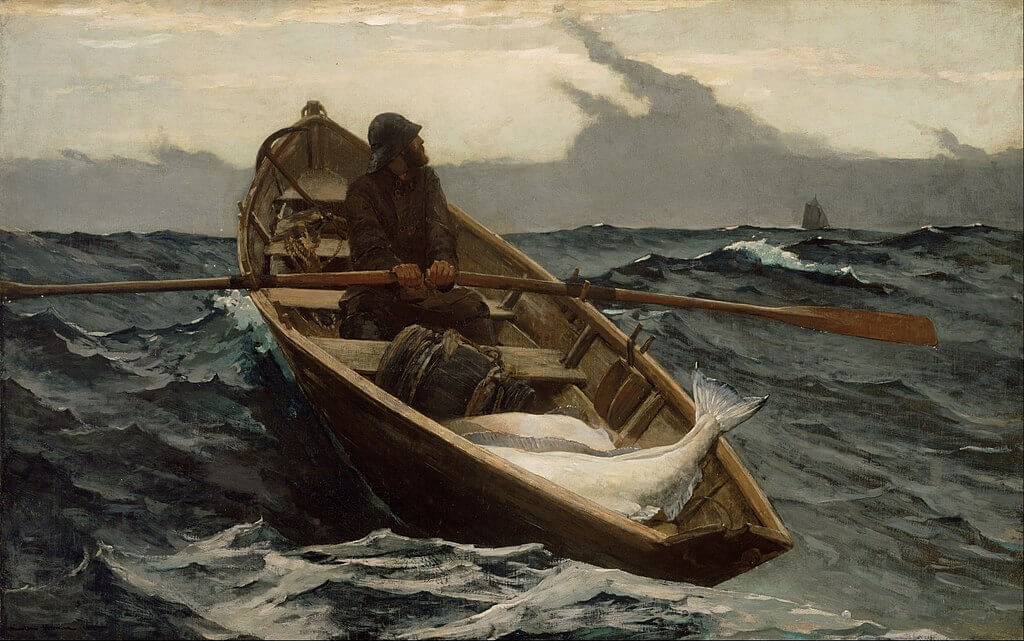
Do You Want to Sleep in a Storm? Read This
-

Why You Should Break The Routine, Sometimes
-
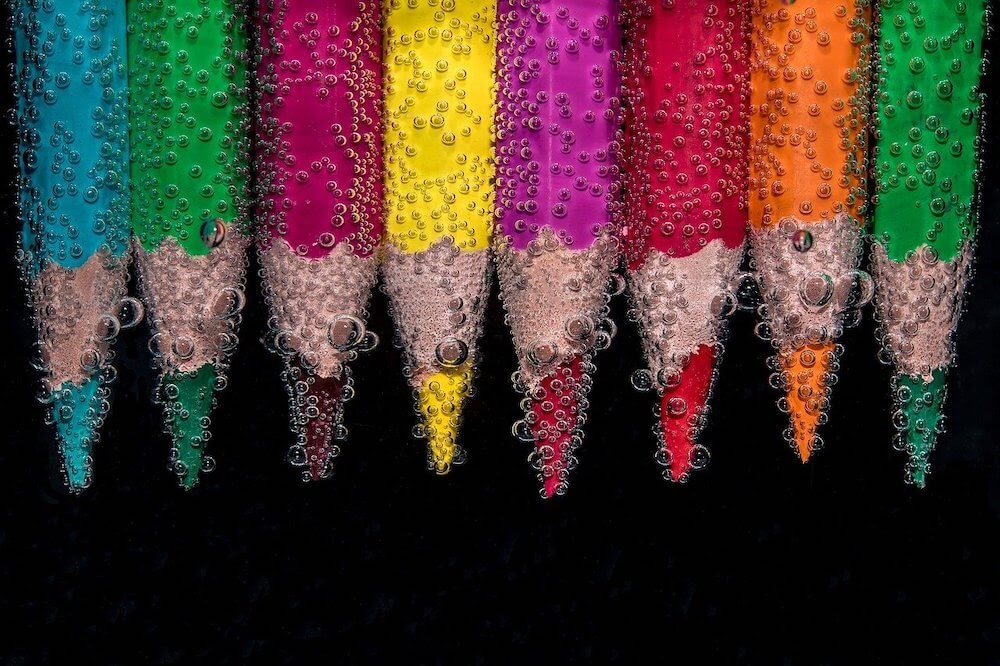
Creative Routine and Rituals – How to Dream and Create Consistently
-

23 Small, Daily Habits to Build a Better Life
-
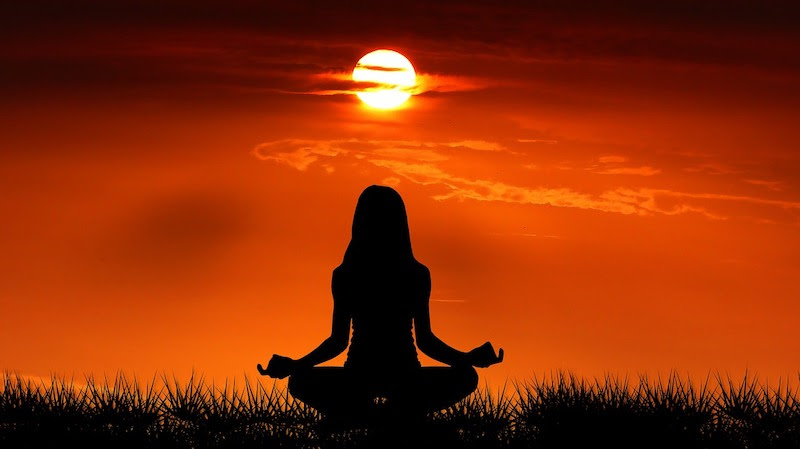
What Are Habits – Your Answer to Willpower
-
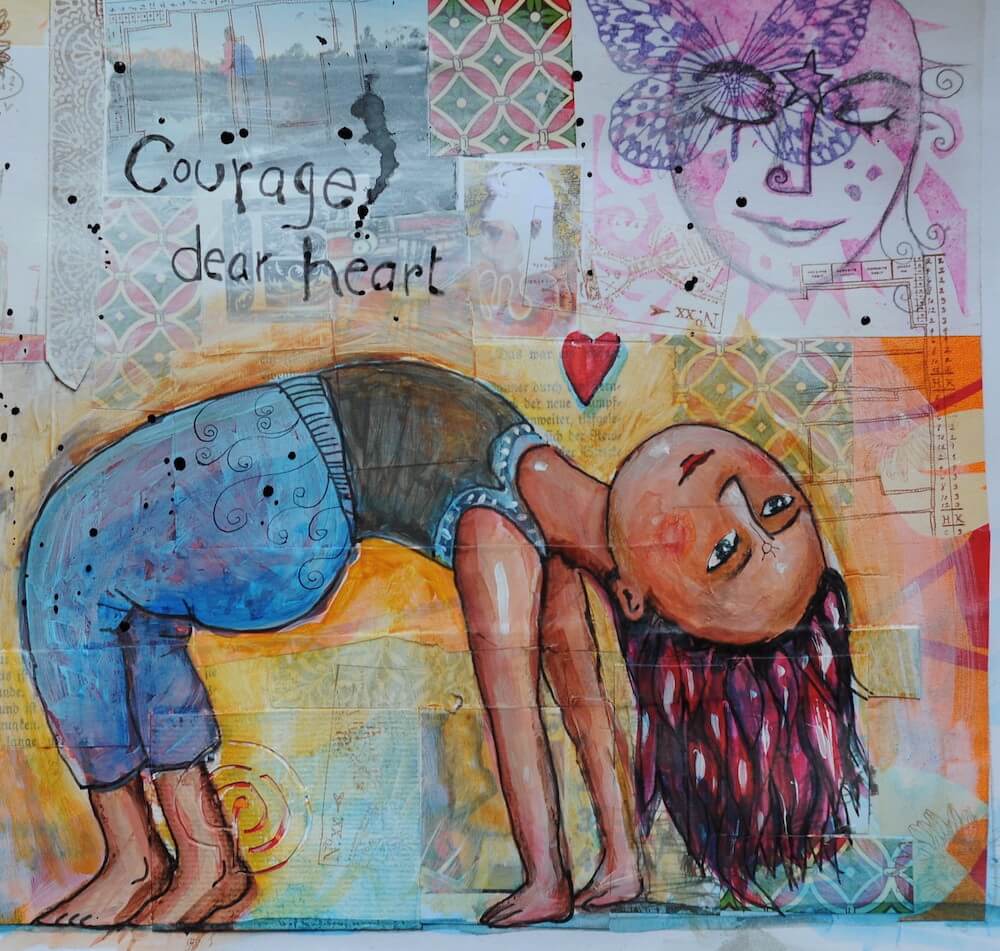
How to Achieve Your Goals – 12 Principles I’ve Followed Since I’m 15
-
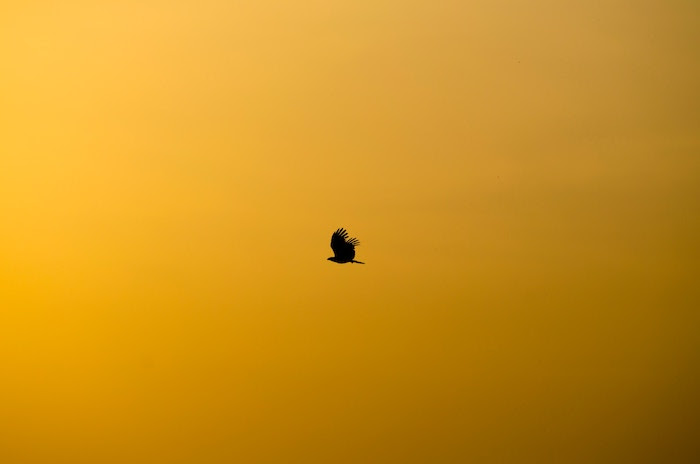
How to Write Every Day – My Journey As a Writer
More Coming Up!
Preparing articles on how to recognize the habit loop – the cue, the routine, and the craving, how to form new habits, and how to change bad habits.
We all need a set of habits to keep us going every day. Rest is easy. So stay tuned for the follow-up guides on building and changing habits.
References
Watch this Charles Duhigg’s interview to understand how willpower gets depleted and that we can strengthen it by practicing it, but we can also build habits to stop depending on willpower.
Charles Duhigg Book – The Power of Habits: Why Do We Do What We Do, and How to Change
Some brilliant articles about habits that help me put my thoughts into words are – James Clear Blog, BakedSuyo Blog, and BJ Fogg’s Website.
Do you now understand that you do not have to depend on willpower, but you need the right habits to succeed in life?
If you liked my guide, please pin it and share it with the world. Thank you.
*****
My much-awaited travel memoir
Journeys Beyond and Within…
is here!
In my usual self-deprecating, vivid narrative style (that you love so much, ahem), I have put out my most unusual and challenging adventures. Embarrassingly honest, witty, and introspective, the book will entertain you if not also inspire you to travel, rediscover home, and leap over the boundaries.
Grab your copy now!
Ebook, paperback, and hardcase available on Amazon worldwide. Make some ice tea and get reading 🙂
*****
*****
Want similar inspiration and ideas in your inbox? Subscribe to my free weekly newsletter "Looking Inwards"!

![How to Make a Daily Schedule For Yourself [That Works] 8 How to Make a Daily Schedule For Yourself [That Works]](https://www.onmycanvas.com/wp-content/uploads/2018/03/a-man-running-to-emphasize-schedule-and-routine-1.jpeg)
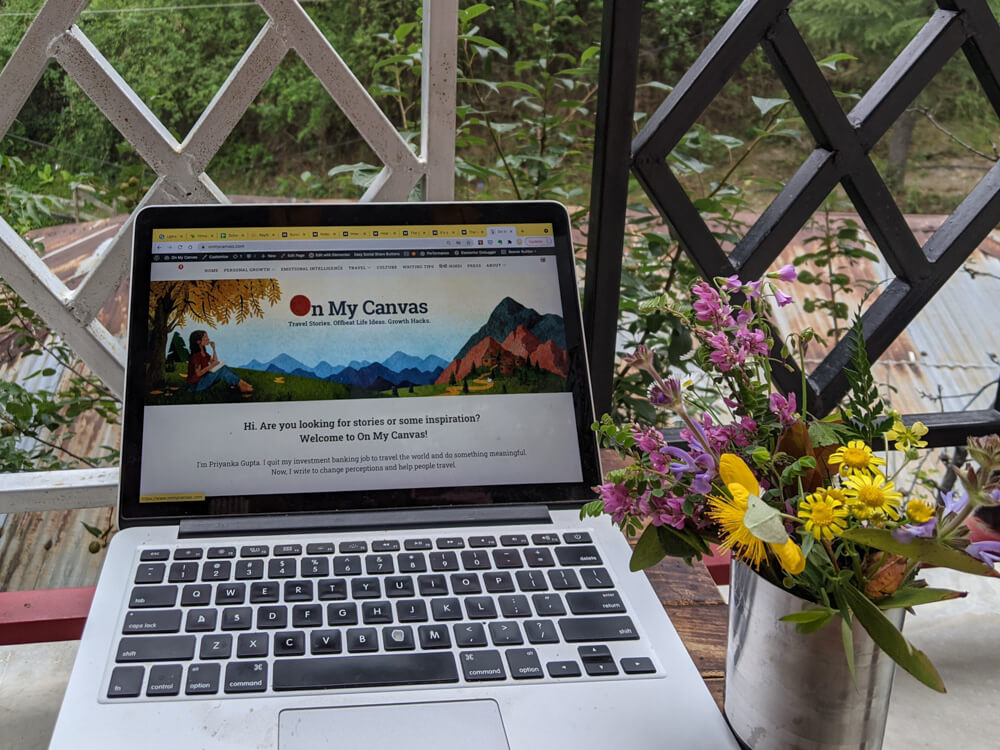

I find this topic very interesting. But one thing about habits is we form them not only due to rewards, but also social learning and our perceptions of what is appropriate or necessary to survive socially. I don’t brush my teeth just to feel the tingling fresh sensation but because I have been taught that and there is a social understanding that brushing your teeth is essential for you. Cultural habits are formed that way, spitting on the streets, prioritizing your physical health or appearance, focus on career etc. Kids with two working parents are more career minded and face less pressure to model their lives in a patriarchal fashion. Teaching yourself habits scientifically is very difficult thing to do, unless you have convinced your brain and have built strong beliefs towards them. Since physical attractiveness has started dominating our minds more through our exposure to media, being physically fit is now being prioritized by people. I think the brain is very logical organ and it doesn’t want to do certain things because through its subconscious understanding it knows that that approach is fruitless, not the right way. Once the brain is exposed to sufficient information that doing x is good, and builds strong beliefs in favor of that, it makes it easier to accomplish those tasks.